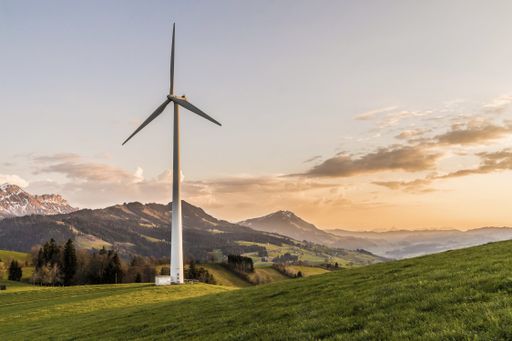Environment Feed - Page 5

Are the Politics of Climate Change Going Out of Fashion?
A look at the shifting political attitudes towards climate change and the obligations that still remain.

Historic Southern California Storm Brings Massive Mudslides and Flooding
One of the wettest storms in Southern California history has caused widespread mudslides and flooding in the Los Angeles area, with officials warning that the threat is not over yet.

Fossil fuels: The world's addiction and sectors not reducing it
While there have been significant changes in the energy industry and the electric vehicle market reducing the use of fossil fuels, three key sectors - aviation, shipping, and industry - are still far from reaching net zero emissions.

Atlantic Ocean Circulation Nearing 'Devastating' Tipping Point, Study Finds
The circulation of the Atlantic Ocean is heading towards a tipping point that is “bad news for the climate system and humanity”, a study has found.

Alternative Options for Bringing Solar Energy Into Your Home
Discover the different alternatives to traditional roof panels for harnessing solar energy.

Global Warming Surpasses 1.5 Degrees Celsius for First Time on Record
New data shows that global warming has surpassed 1.5 degrees Celsius over the past 12 months, breaching a critical threshold that could have severe consequences for life on Earth.

Biden's Latest Climate Rules Crack Down on Manufacturing, Ignoring Industry Warnings of Economic Devastation
The Biden administration has finalized regulations that tighten restrictions on fine particulate matter emissions from the manufacturing and energy sectors, despite concerns from industry about the economic consequences. The Environmental Protection Agency (EPA) unveiled the regulations, which lower the annual PM2.5 standard from 12 to 9 micrograms per cubic meter, citing health benefits for Americans nationwide. However, industry associations, including the U.S. Chamber of Commerce, National Association of Manufacturers, and American Petroleum Institute, warn that the regulations could lead to onerous permitting requirements that would impact economic growth and job security. The regulations will make the U.S. PM2.5 standards among the strictest in the world.

‘I was thrilled and shocked’: Images Raise Hopes of Return of Wild Jaguars to the US
A series of sightings suggests the big cats are, against the odds, growing in numbers in New Mexico and Arizona. But Trump’s border wall could yet halt their progress
